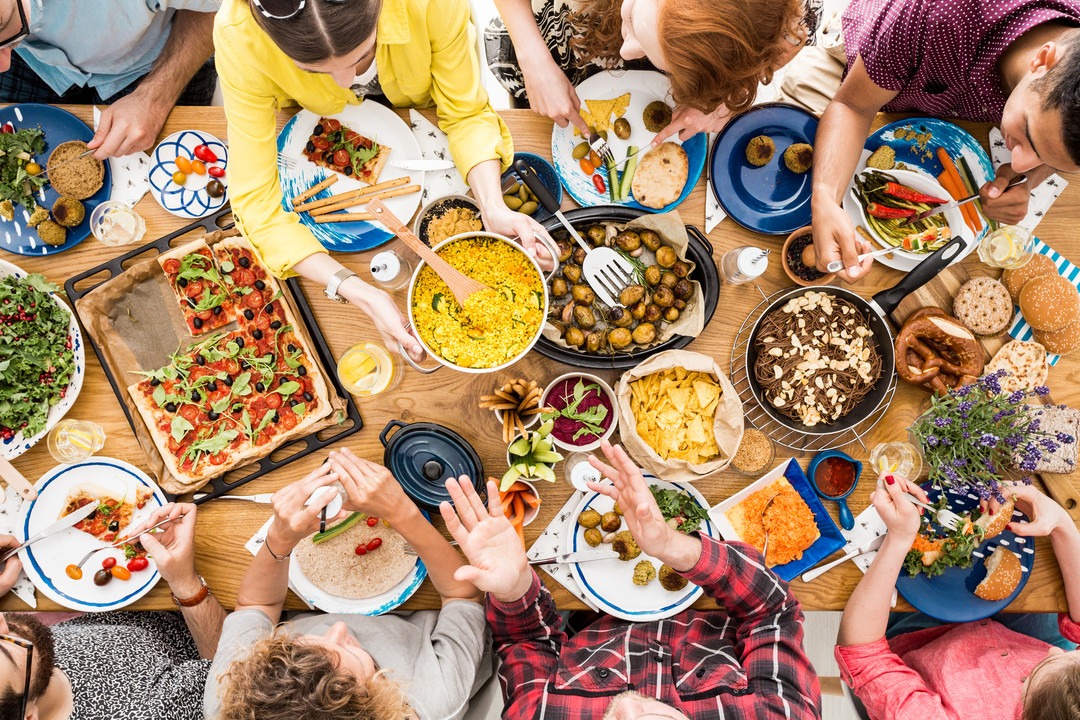Sharing meals is more than just a cultural tradition—it’s a powerful way to enhance happiness and strengthen social connections. According to the 2025 World Happiness Report, dining together fosters mental well-being, improves relationships, and even benefits children’s development.
Why it matters:
-
Social connection: Sharing meals creates a sense of belonging and companionship, reducing feelings of loneliness.
-
Cultural significance: Across cultures, communal dining is a symbol of unity, from Jewish Shabbat meals to Ramadan’s Iftar.
-
Emotional well-being: Studies show that people who share meals report higher life satisfaction and positive emotions.
The science behind it:
The Gallup World Poll surveyed over 150,000 people from 142 countries, revealing that frequent meal-sharing correlates with higher levels of happiness. In regions like North America, dining together can have the same positive impact on life satisfaction as doubling one’s income.
A global perspective:
While Latin Americans share most of their meals, South and East Asians, including Indians, tend to dine alone more often. This highlights the need for fostering communal dining practices to enhance well-being.
Sources: Food & Wine, The Conversation, World Happiness Report.
